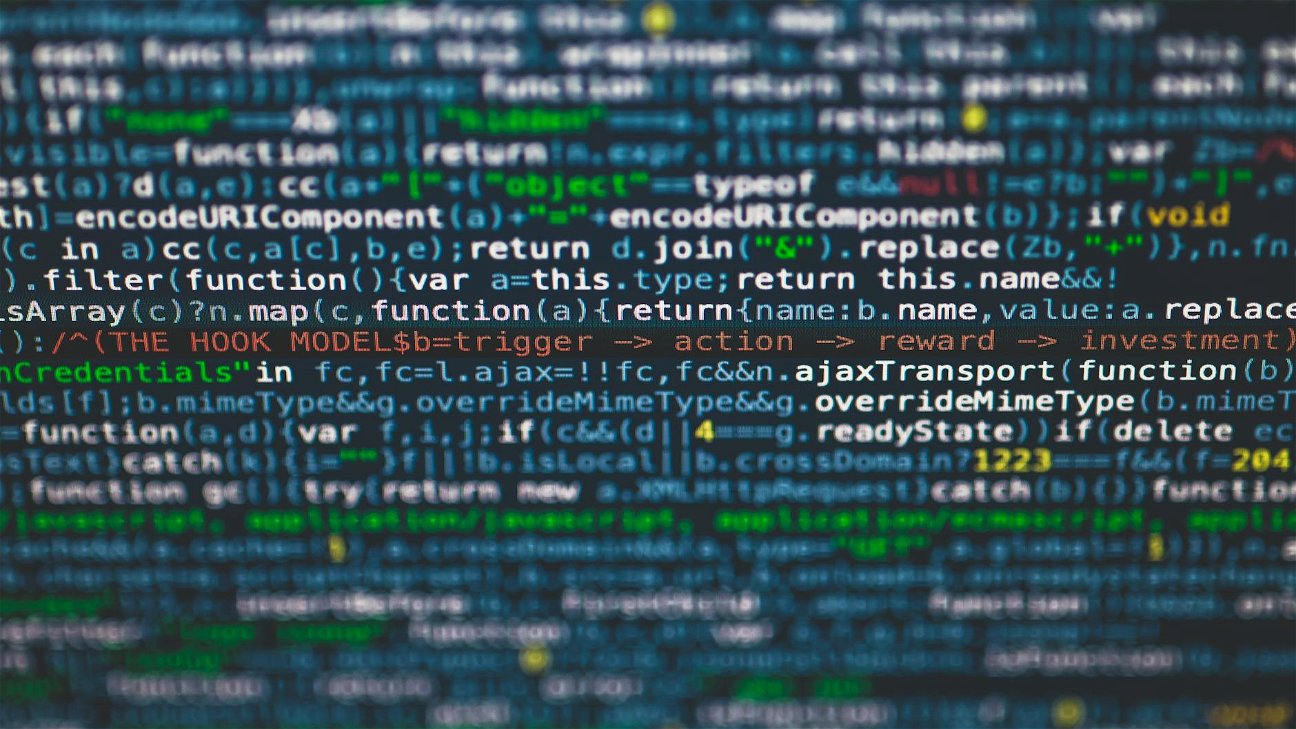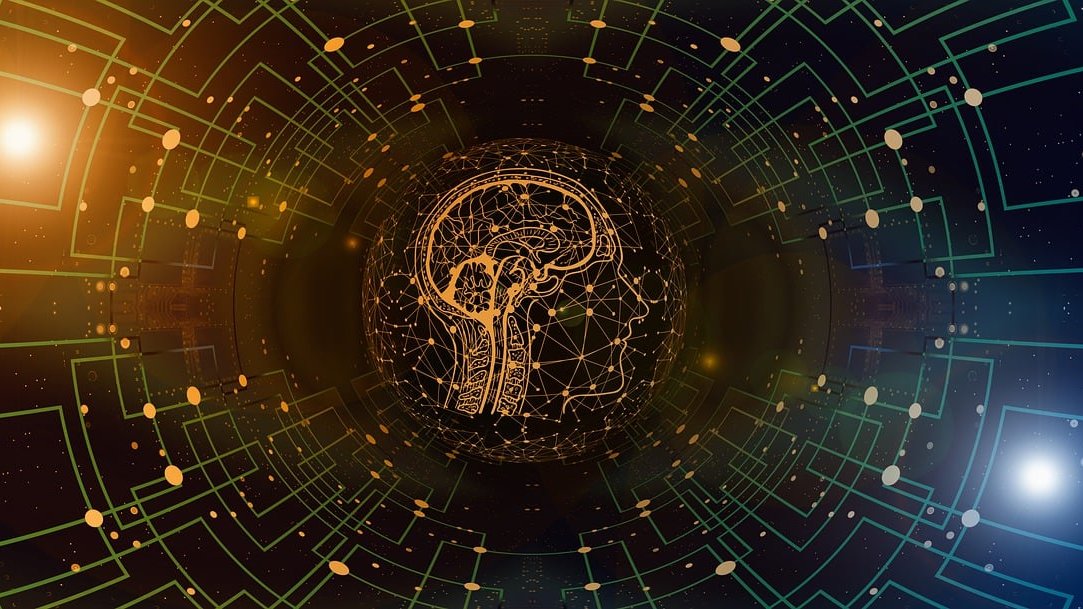
In the face of a looming talent shortage, companies across various industries, especially manufacturing, are leaning on artificial intelligence (AI) and automation. These technologies are not only helping to fill the gap but also reshaping the nature of work and the skills required for it.
AI eases talent shortages in manufacturing
As skilled workers in industries like manufacturing head towards retirement, companies are increasingly depending on artificial intelligence to tackle the resulting talent shortages. The IBM Global AI Adoption Index 2022 survey reveals that nearly a quarter of companies adopting AI are doing so to combat labor or skills shortages. Companies like Toronto-based intelligent automation startup, Xaba Inc., are at the forefront of this trend, leveraging AI in innovative ways such as pairing it with 3D printing to create sustainable manufacturing processes.
Redefining job roles and talent recruitment
AI and automation are not just stepping in for retiring workers but also reshaping the very nature of jobs in these industries. Xaba's CEO, Max Moruzzi, explains that these technologies are enabling more collaborative, problem-solving roles where workers guide machines via voice commands. This change means that companies can recruit talent based on different skillsets, potentially making these jobs more attractive as careers rather than just jobs, thereby attracting higher quality talent.
Multiple applications of AI in the workplace
According to the IBM AI index, organizations are using AI in multiple ways to enhance productivity and efficiency. Sixty-five percent use it to cut down manual or repetitive tasks, while 45% use it to improve recruiting and human resources. Additionally, 35% use AI-powered tools to bridge skills gaps in their workforce, offering tools that don't require extensive coding knowledge. This wide-ranging application of AI has the potential to boost overall corporate performance.
Joel Blit, a professor of economics at the University of Waterloo, points out that AI tools are 'supercharging' people, enabling them to accomplish much more than they could without these tools. These technologies can lower entry barriers for those who may not have certain skills – for instance, to operate a machine or execute a complex task. Instead, basic communication skills might suffice, with further learning happening on the job.
While AI and automation hold great potential, they do come with certain caveats. The World Economic Forum's research indicates that while these technologies might spur job growth in over half of the surveyed companies, they could also displace jobs in about a fifth of these companies. That said, the impact of AI is far-reaching and unique—it is a cognitive tool capable of handling jobs traditionally reserved for higher-skilled workers, mostly affecting white-collar workers.
Reskilling workers for a tech-driven future
As AI and automation permeate the workplace, organizations are taking steps to reskill their employees. The IBM AI Index found that over a third of organizations are already reskilling their workers to work with these emerging technologies. This indicates a shift in focus from merely filling lost jobs to actively building and shaping a more talented workforce capable of leveraging these powerful tools.










